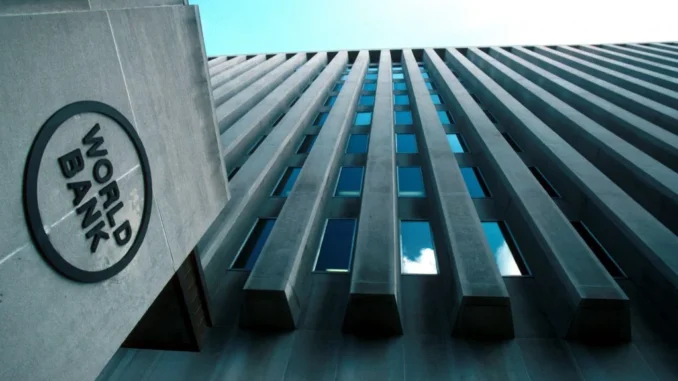
By Divine Sam
Nigeria has received a $1.5 billion loan from the World Bank as part of its efforts to implement significant economic reforms, including the removal of fuel subsidies and the overhaul of tax policies. This loan, approved in June 2024, is divided into two tranches.
The first, a $750 million loan from the International Development Association, was disbursed in July 2024, while the second tranche, also $750 million but from the International Bank for Reconstruction and Development, was released in November 2024.
The loan is tied to the successful implementation of key reforms, including subsidy removal, exchange rate harmonization, and tax reform. Nigeria has also introduced a comprehensive tax reform package, which includes changes to the VAT system and simplifications in tax administration.
The loan agreements provide long-term repayment terms, with a 12-year maturity and 6-year grace period for the first tranche, and 24 years with an 11-year grace period for the second tranche.The government has faced mixed reactions to these reforms, particularly the fuel subsidy removal, which led to significant price increases and higher inflation, including a food inflation rate of nearly 40%.
Despite introducing palliative measures like cash transfers to households, only a limited number of households have benefited. Additionally, the government’s Compressed Natural Gas Initiative, aimed at providing cheaper fuel alternatives, has not yet been fully implemented.